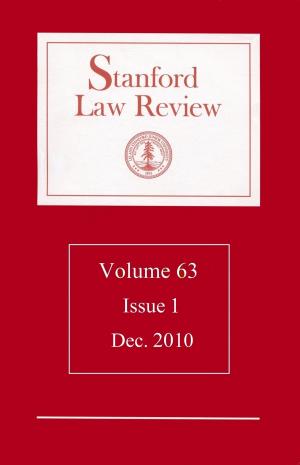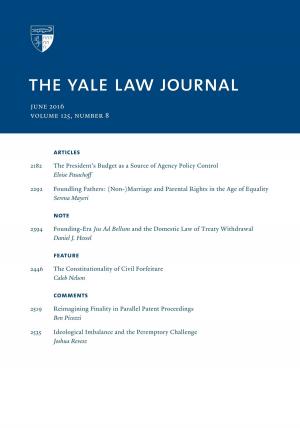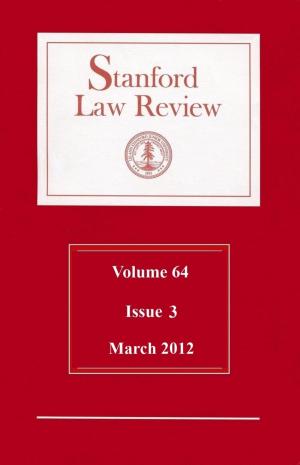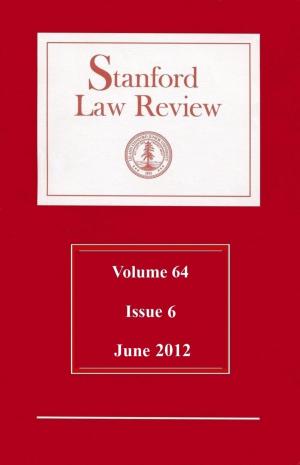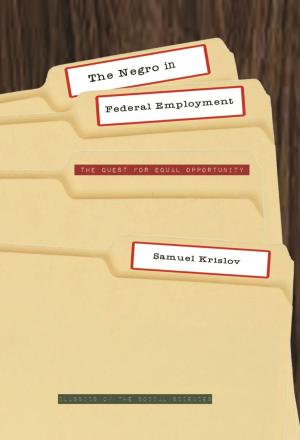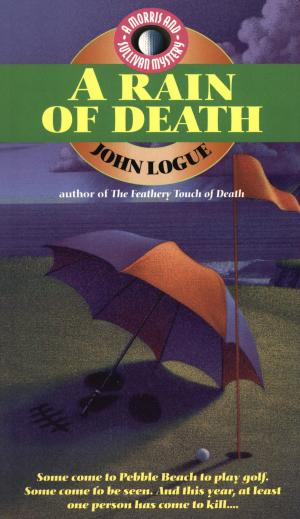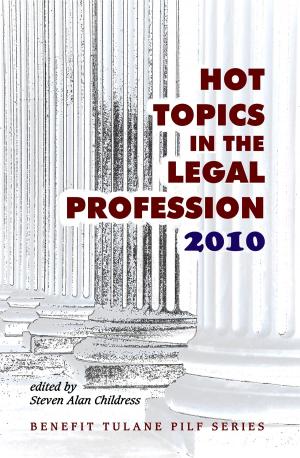Life is Like a Glass of Tea: Studies of Classic Jewish Jokes (Second Edition)
Nonfiction, Entertainment, Humour & Comedy, Jokes & Riddles, History, Jewish, General Humour| Author: | Richard Raskin | ISBN: | 9781610273213 |
| Publisher: | Quid Pro, LLC | Publication: | August 21, 2015 |
| Imprint: | Smashwords Edition | Language: | English |
| Author: | Richard Raskin |
| ISBN: | 9781610273213 |
| Publisher: | Quid Pro, LLC |
| Publication: | August 21, 2015 |
| Imprint: | Smashwords Edition |
| Language: | English |
The first book on Jewish humor in which individual jokes are singled out for comprehensive study, Life is Like a Glass of Tea devotes a chapter to each of eight major jokes, tracing its history and variants—and looking closely at the ways in which the comic behavior enacted in the punchline can be interpreted. One of the unique properties of classic Jewish jokes is their openness to radically different interpretive options (having nothing to do with wordplay or double entendre). This openness to alternate interpretations—never before discussed in the literature on Jewish humor—gives classic Jewish jokes their special flavor, as they leave us wondering which of several possible attitudes we are expected to hold toward the comic figure. An additional chapter is devoted to the ways in which Jewish jokes tend to evolve over time and across language and cultural barriers. Throughout the book, in fact, one can see the processes that Jewish jokes undergo over decades as their comic potential is unfolded in successive stages, and when they are transplanted from European to American soil.
Now in its Second Edition, this expanded version adds two new chapters and new introductory material. It includes a 2015 Foreword by Marc Galanter, who notes that the author “is concerned not only with what makes jokes funny but with what makes some of them profound. His imaginative response to this puzzle makes this little book a distinctive and engaging contribution to the literature on Jewish jokes and on jokes generally.” It will appeal to the general reader, as well as to readers especially interested in Jewish culture, the psychology of humor, religion, ethnography, and folklore.
“Richard Raskin’s book on Jewish humor was the most original and useful I found in years of research on the topic. I’m delighted to see it back in print—and with added chapters!”
— Ruth Wisse
Professor Emerita, Yiddish and Comparative Literature, Harvard University; Author, No Joke: Making Jewish Humor (2013)
“A fascinating book that explores the richness of Jewish humor. Raskin offers a thought-provoking analysis of what makes Jewish humor special. Raskin merges an understanding of Jewish culture, fresh psychological insights, and a sophisticated reading of jokes and their evolution to create a gem of a book. However, it is not just an outstanding book on Jewish humor. It is an outstanding book on humor. Period. After reading it, you won’t laugh the same way again.”
— Dov Cohen
Professor, Department of Psychology, University of Illinois; Co-editor, Handbook of Cultural Psychology (2007)
The first book on Jewish humor in which individual jokes are singled out for comprehensive study, Life is Like a Glass of Tea devotes a chapter to each of eight major jokes, tracing its history and variants—and looking closely at the ways in which the comic behavior enacted in the punchline can be interpreted. One of the unique properties of classic Jewish jokes is their openness to radically different interpretive options (having nothing to do with wordplay or double entendre). This openness to alternate interpretations—never before discussed in the literature on Jewish humor—gives classic Jewish jokes their special flavor, as they leave us wondering which of several possible attitudes we are expected to hold toward the comic figure. An additional chapter is devoted to the ways in which Jewish jokes tend to evolve over time and across language and cultural barriers. Throughout the book, in fact, one can see the processes that Jewish jokes undergo over decades as their comic potential is unfolded in successive stages, and when they are transplanted from European to American soil.
Now in its Second Edition, this expanded version adds two new chapters and new introductory material. It includes a 2015 Foreword by Marc Galanter, who notes that the author “is concerned not only with what makes jokes funny but with what makes some of them profound. His imaginative response to this puzzle makes this little book a distinctive and engaging contribution to the literature on Jewish jokes and on jokes generally.” It will appeal to the general reader, as well as to readers especially interested in Jewish culture, the psychology of humor, religion, ethnography, and folklore.
“Richard Raskin’s book on Jewish humor was the most original and useful I found in years of research on the topic. I’m delighted to see it back in print—and with added chapters!”
— Ruth Wisse
Professor Emerita, Yiddish and Comparative Literature, Harvard University; Author, No Joke: Making Jewish Humor (2013)
“A fascinating book that explores the richness of Jewish humor. Raskin offers a thought-provoking analysis of what makes Jewish humor special. Raskin merges an understanding of Jewish culture, fresh psychological insights, and a sophisticated reading of jokes and their evolution to create a gem of a book. However, it is not just an outstanding book on Jewish humor. It is an outstanding book on humor. Period. After reading it, you won’t laugh the same way again.”
— Dov Cohen
Professor, Department of Psychology, University of Illinois; Co-editor, Handbook of Cultural Psychology (2007)


